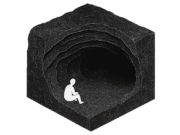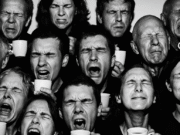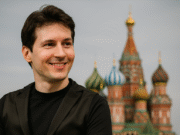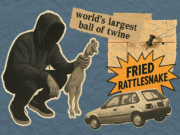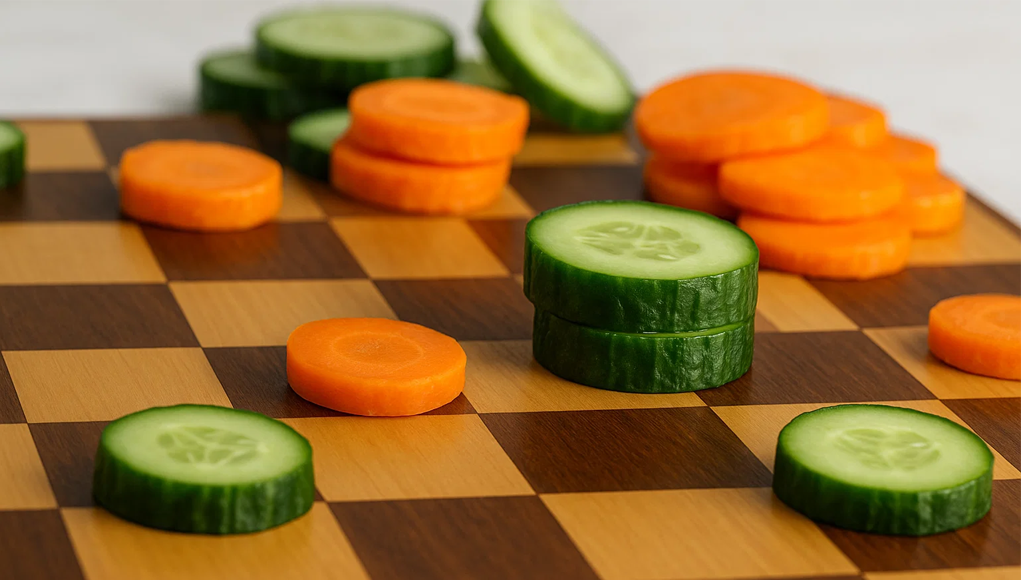A look back at five food-first diet trends that quietly slipped off our plates—even if they promised to change how we eat forever.
In the golden age of food-based diet trends, it wasn’t about counting macros or scanning barcodes in apps. It was about vibes. Eat like a caveman. Eat fat to burn fat. Eat only what a Mediterranean grandma would approve. These weren’t just ways to lose weight—they were edible philosophies. But while some started with sizzling momentum (and sizzling bacon), most eventually cooled off. Here’s why five of the most hyped food-centric diets of the past 40 years faded into the wellness void—and what we were actually eating the whole time.
The Raw Food Diet: When You Tried to Eat Like a Wellness Fairy
Imagine a fridge stocked entirely with cold zucchini noodles, soaked nuts, and cashew “cheese.” The Raw Food Diet promised radiant skin, endless energy, and the purest relationship with nature’s bounty—if you could avoid cooking anything above 118°F. Think juice bar meets culinary survival show.
Why It Faded:
It’s hard to feel “energized” when you’re constantly hungry and spending three hours dehydrating kale chips. While raw veggies are great, the extreme version of this diet left people deficient in key nutrients—and dreaming about hot soup. Also, chewing raw cauliflower all the time is a fast track to bloated sadness.
LCHF (Low Carb High Fat): The Scandinavian Darling That Went Global
For a while, it felt like half the Nordic population was spooning butter into their coffee and frying eggs in ghee. The LCHF diet asked you to ditch bread, pasta, and sugar in favor of rich, fatty foods—avocados, full-fat dairy, fatty fish, nuts, and all the meats your heart (maybe) couldn’t handle. It was rebellious, delicious, and felt weirdly luxurious.
Why It Faded:
Turns out, shunning carbs entirely is really hard to sustain. People missed fruit. And toast. Also, a few studies began raising red flags about the long-term impact on heart health. Once the health halos dulled and the bacon novelty wore off, many quietly drifted back to their croissants.
The Paleo Diet: Meat, Nuts, and the Myth of the Caveman Cleanse
Before keto took over, Paleo ruled the CrossFit box. The idea was simple: eat like your prehistoric ancestors. So you were all in on grass-fed meat, sweet potatoes, berries, and almonds—but absolutely no grains, dairy, legumes, or processed foods. (Because obviously early humans never touched hummus.)
Why It Faded:
It turns out, we actually like beans. And rice. And bread. Also, nutritionists pointed out that prehistoric humans didn’t live very long, and the assumption that their diet was “healthier” didn’t hold up to science. Once the trend’s ancestral fantasy wore thin, most people modernized their meals again.
Whole30: Clean Eating with a Deadline
Whole30 had an undeniable cult-chic moment. For 30 days, you’d eat only “whole” foods—meat, veggies, fruit, nuts—and cut out sugar, grains, dairy, alcohol, and legumes. No cheats. No “I deserve this.” It was food boot camp with influencer-approved aesthetics.
Why It Faded:
People loved the structure… until they didn’t. Thirty days of label-reading and saying no to everything fun eventually lost its glow. Plus, it wasn’t really meant to be a lifestyle, but many tried to make it one—and burnt out hard. Turns out moderation and mental peace taste better.
The Master Cleanse: When Lemon Water Was a Lifestyle
Yes, this was technically a “cleanse,” but let’s not pretend it didn’t become a food trend. Beyoncé famously did it. The menu: spicy lemonade (maple syrup, lemon juice, cayenne pepper, water). All day. Every day. For 10 days. Maybe longer if you were feeling spiritual.
Why It Faded:
Because drinking spicy lemonade instead of eating actual food is bonkers. People got dizzy, irritable, and let’s just say the “detoxing” got very literal. Also, science basically laughed this one out of the room. Your body detoxes itself—no maple-cayenne chugging needed.
We counted every carb, calorie, and cleanse—but left common sense
We can only hope that food fads stay in the past, and that the obsession with diets becomes a weird footnote in wellness history. Why isn’t eating simply, intuitively, and joyfully enough? Maybe the smartest thing we can do now is stop chasing food rules and start living with habits that stick—long after the trend fades. Health shouldn’t come with a hashtag—it should come with peace of mind, a full plate, and less guilt.


